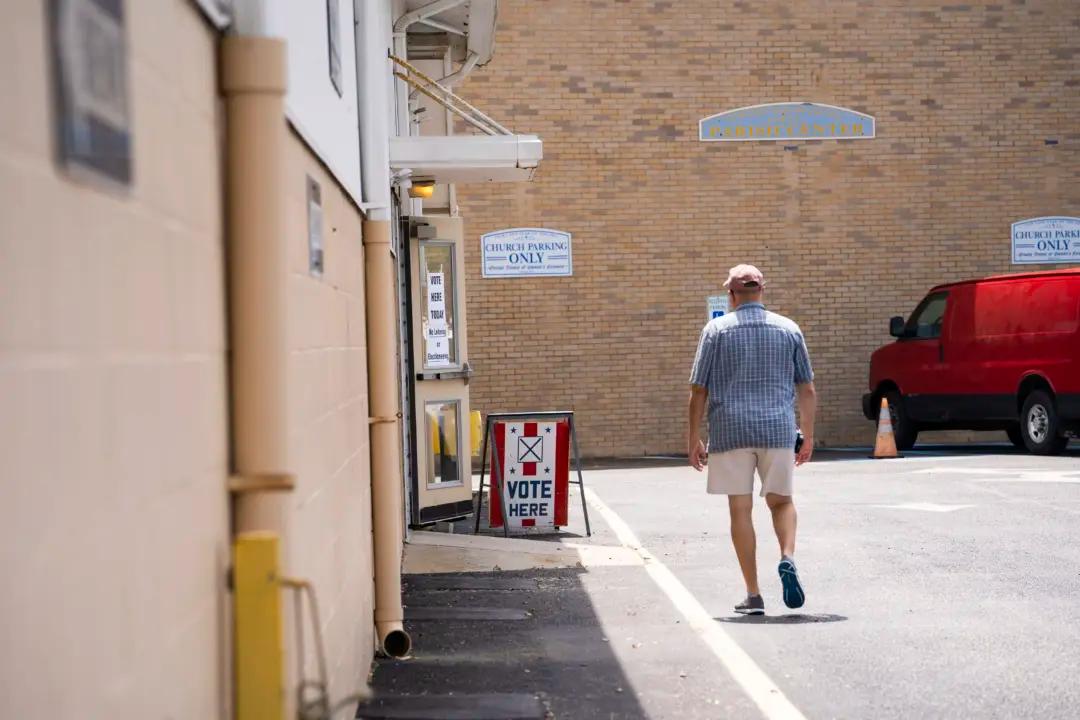In a landmark move amid national debates over voter eligibility, Idaho took executive action to ensure that its voter rolls remain free of noncitizens.
Idaho Gov. Brad Little signed an executive order on July 9 that directs a series of actions that he hopes will bolster voter confidence and enhance election integrity.





